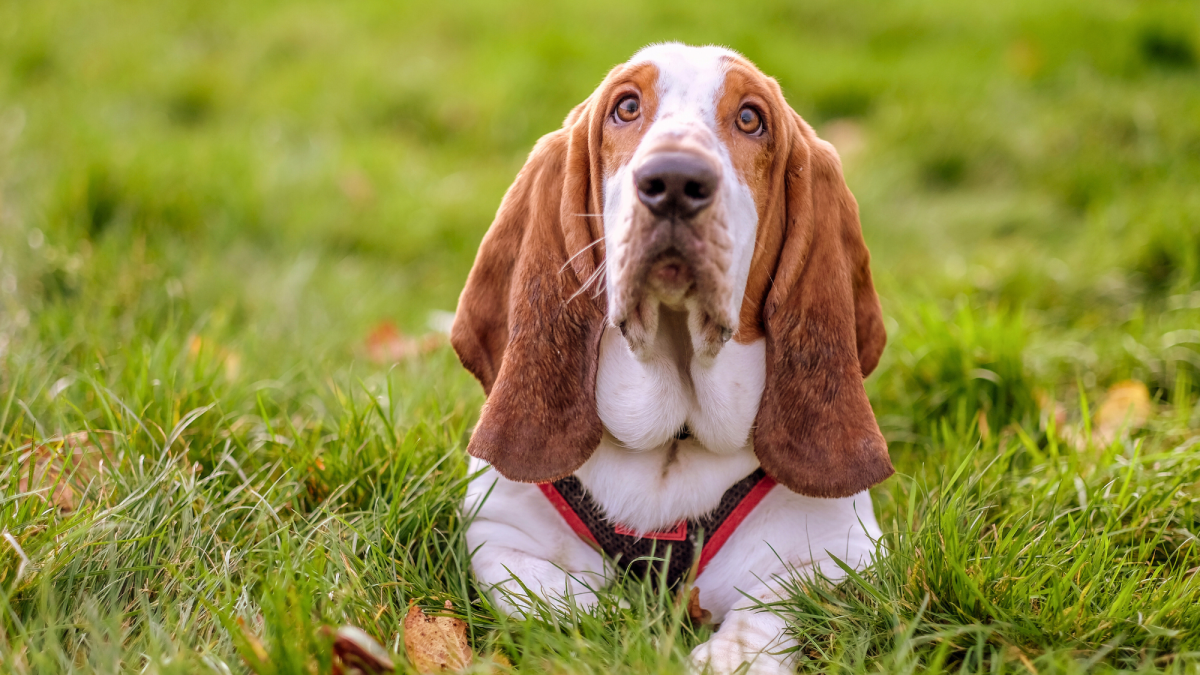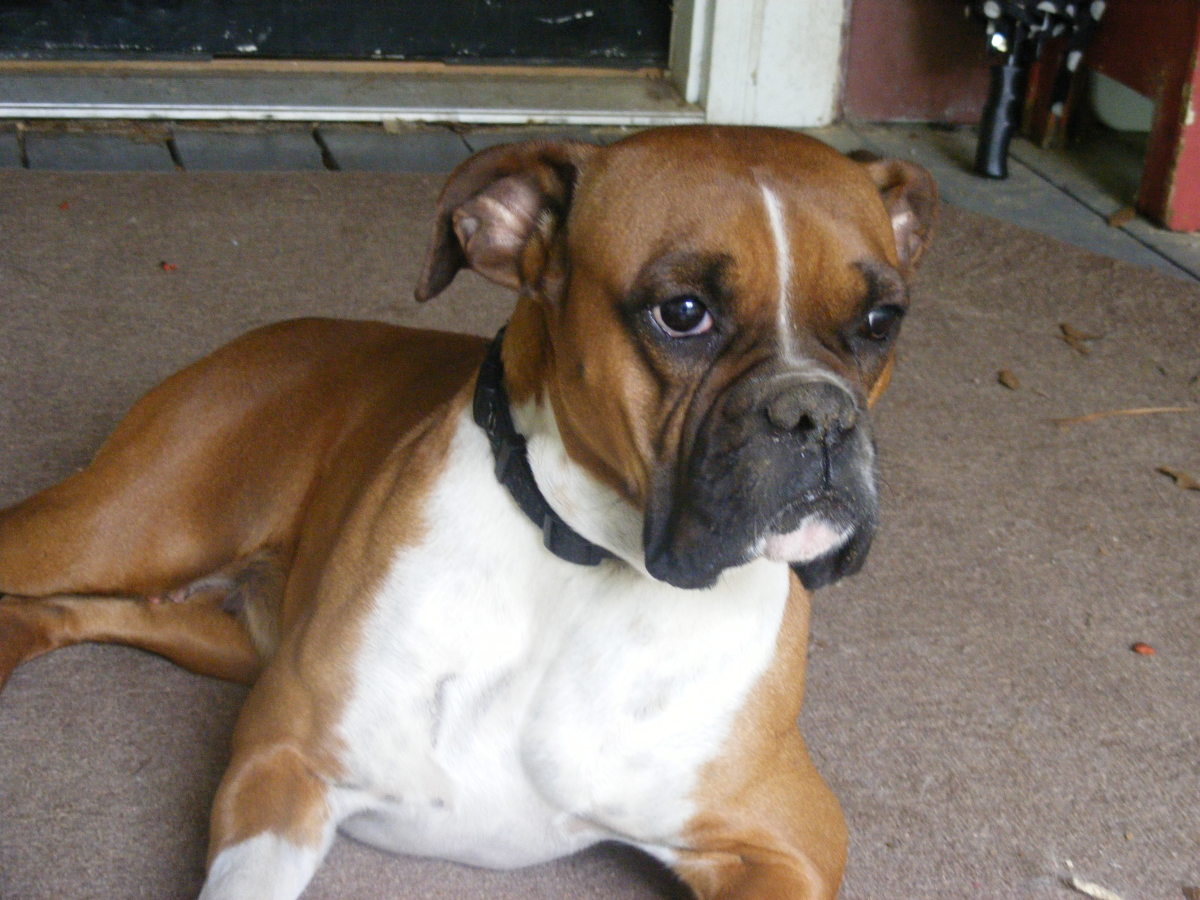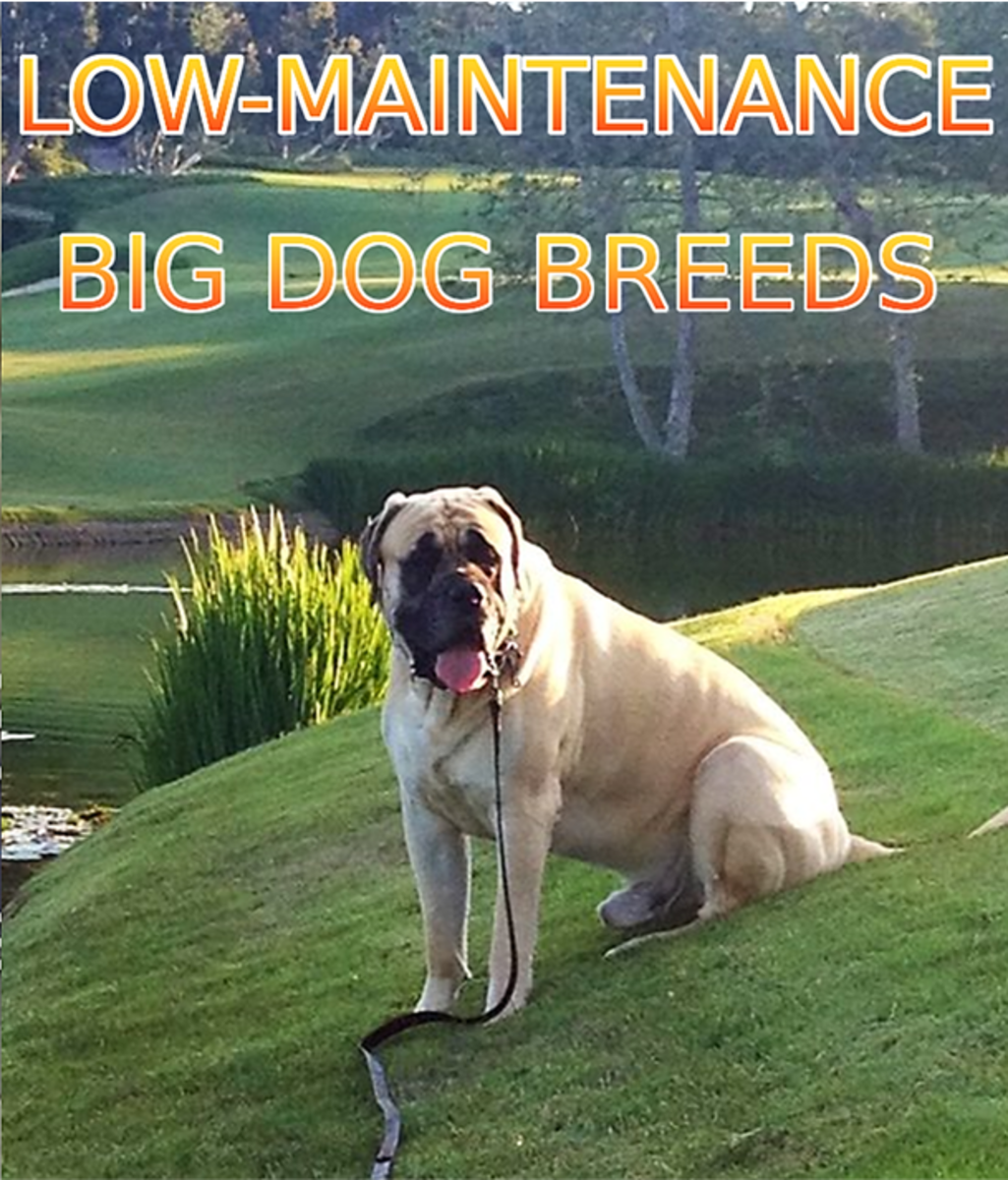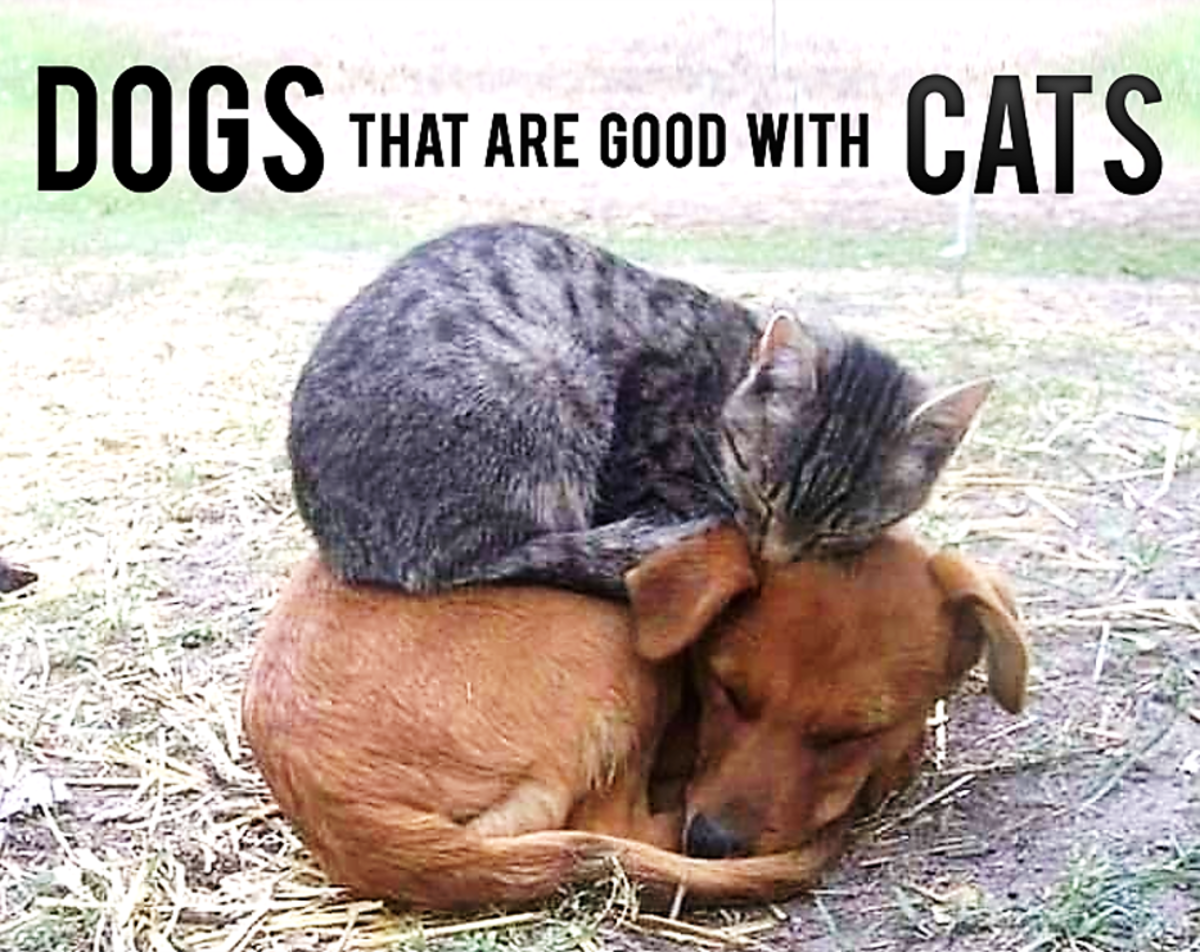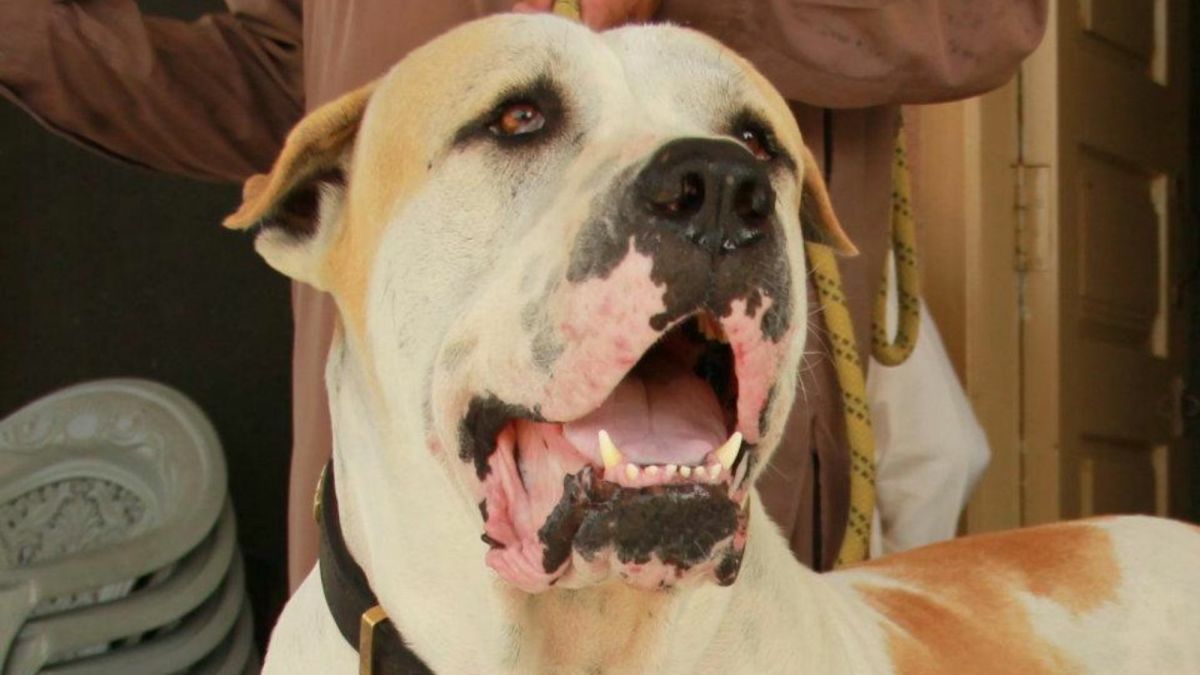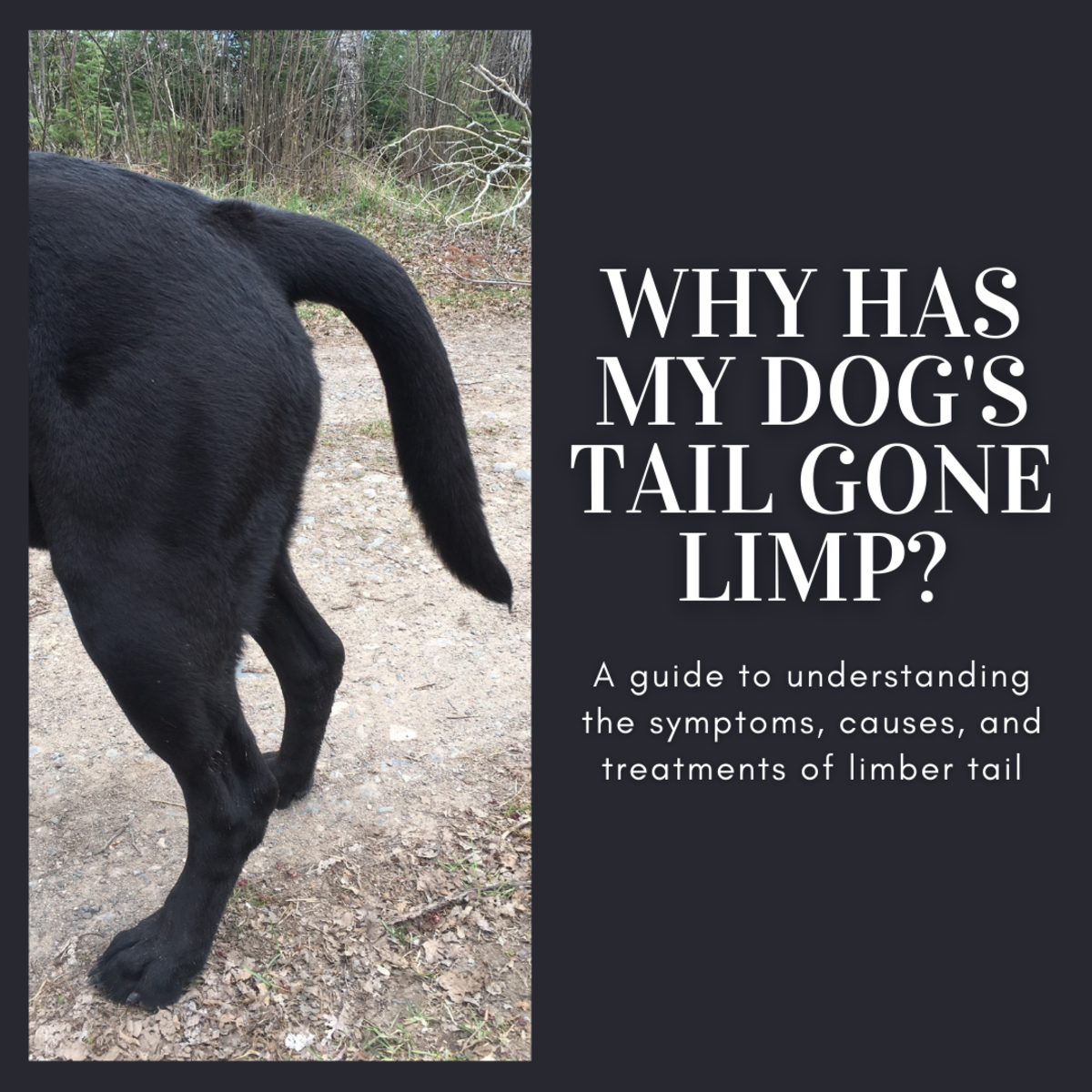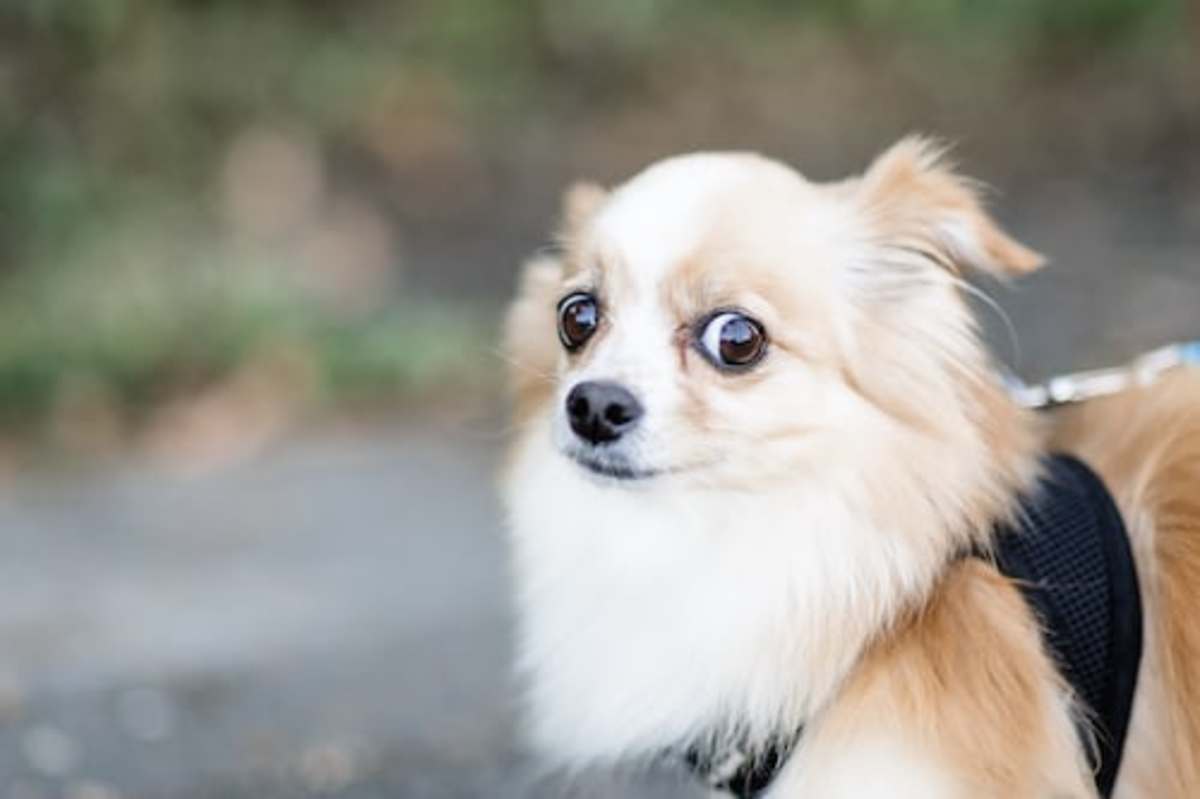Canine Companions: How to Choose the right Dog for you
Welcome to Canine Companions!
Welcome to Canine Companions! This guide will offer valuable insight about how to choose the right dog for you. It's not always about what's in a breed: It's about temperament, personality, and how to find the right dog to fit your lifestyle.
Meet "Bea"
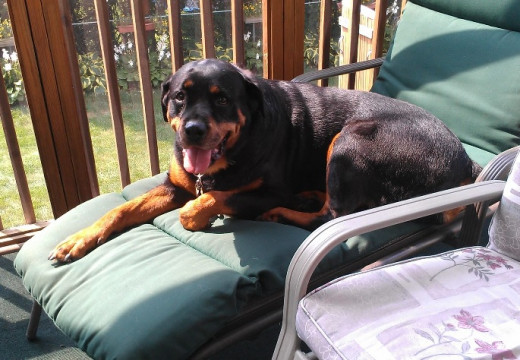
"Bear"
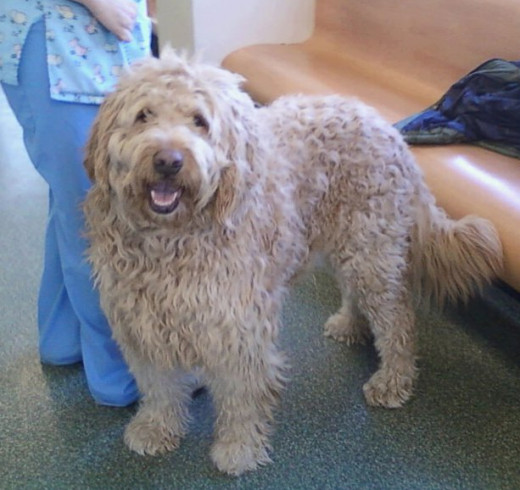
Questions to ask when Choosing your Canine Companion
There are many guides on how to select the right breed of dog and many generalized traits for dog breeds. It is important to consider the individual personality of a dog. This applies to a new puppy or a rescue dog. There are several questions a potential owner should ask when searching for a dog:
1. "Do I live a sedentary, moderate, or active lifestyle?"
2. "Will I be away from home for long periods of time?"
3. "Do I want a dog that is easily trained, or can I take on a stubborn, more challenging dog?"
4. "Do I want a breed that requires less maintenance (feeding, grooming, veterinary complications) or am I able to take on the challenge of a more needy breed?"
5. "Do I want the challenge of raising a puppy, or rehabilitating a rescue dog"
6. "Do I need a dog who is highly sociable and thrives around lots of guests?"
These questions are straightforward, but choosing the right dog isn't always so black-and-white.
There are also many misconceptions about choosing the right dog breed. For example, many people believe Labrador retrievers to be outstanding family pets. This breed is highly sociable and playful and is suitable for many families. However, their high energy may not be right for everyone.
Many people choose dogs based on their looks. The Husky is a very popular breed. However, these dogs take a lot of time and commitment as well. On top of the shedding and vocalization these dogs need plenty of room to run and without an outlet can become destructive. The Husky is also a very stubborn, dominant breed and is not right for everyone.
There are many small breed dogs that are very intelligent such as the poodle, or strong-willed, such as the jack russel terrier. Potential owners may opt to bring a small-breed dog into their home for a variety of reasons. One common problem I see with inexperienced dog owners is that small dogs can become over-coddled and without an outlet for their energy and intellectual potential can develop behavioral problems including biting. Many dog bites are from smaller dogs and are simply not reported.
It is important to remember that it is not the breed of dog that creates behavioral problems, but rather how the owner raises the dog.
Toy Breeds Performing big Feats

Dog Breeds 101
There are 7 AKC recognized groups of dog breeds: The Herd, Hound, Non-Sporting, Sporting, Terrier, Toy, and Working Group. There are many good books available to give you in-depth information and specific dog breeds. My goal is to tell you a little bit about each group so that when you go to do your research on breeds which may suit your lifestyle best, you can take these facts into consideration. Pairing the right breed and predisposition along with the individual dog's personality and temperament will hopefully yield a lifelong canine companion for you to enjoy.
The Herding Group
Herding dogs are bred to have physical characteristics and instincts necessary for herding cows, sheep, and birds. Today, not all herding dogs are used for farm work, but their natural abilities can help them thrive in various sports such as obedience, agility, and frisbee tournaments. This group of dogs is extremely intelligent and active. Without a proper outlet, however, they can become destructive or unhappy. Examples of dogs in the herding group include Border Collies, Australian Cattle Dogs (Blue Heelers), Pembroke Welsh Corgi, and Shetland Sheepdogs.
In my personal experience, I find that a lot of herding dogs tend to be a bit bossy. And why shouldn't they be? That's what they are bred for. It's very important that if you decide to own a breed like this that you are prepared to assert yourself as pack leader. I would not recommend a herding breed to a first-time dog owner, especially if your family includes younger children who may not be able or willing to assert authority themselves. They will quickly become replacement sheep for your new herding dog.
The Hound Group
Hounds are bred to hunt. There are two types of hounds: scent hounds and sight hounds (sometimes referred to as gazehounds). As their names imply, scent hounds rely on scent for hunting and sight hounds rely on sight. Examples of Scent hounds include beagles and bloodhounds. Sight hounds include dogs such as the whippet, saluki, and greyhound.
My experience working with hounds is that they tend to have a mind of their own and that their mind is on whatever the see or smell. I have worked with dachsunds as well as whippets. It is not recommended to let your hound off leash unless you have mastered the recall command and can fully trust your hound to return to you. This is another group of dogs where having some form of activity as an outlet for energy is extremely important to have. Some hounds do well in family homes depending on the specific breed and temperament, but I would advise that you do your homework if you are not familiar working with hounds.
The Non-Sporting Group
The non-sporting group has an assortment of dog types. These are dogs who are no longer used for essential job functions. Just because they are no longer employed, does not mean they are without traits which require attention to detail. For example, the American Eskimo dog is a spitz-type dog who is very intelligent, high-energy, and vocal. They can also be very territorial. The Bichon Frise is a small breed dog who is playful and considered to do well with children. Don't let their adorable looks fool you. They are also very intelligent and without basic training can be hard-headed. The Dalmatian was once used to run along carriages and although that is not the case today, they are high-energy and need plenty of space to exercise. This breed is also prone to deafness. If you are interested in a non-sporting breed, do your homework about the history of the breed you are interested in to better understand their unique backgrounds and needs.
The Sporting Group
The sporting group is home to some of the most well-known dog breeds including the Labrador, Golden Retriever, Springer Spaniels, Cocker Spaniels, and Irish Setters, just to name a few. These dogs are all high-energy and very intelligent, bred to flush, find, point, and retrieve waterfowl and other game. Many of these breeds are very loyal and their innate traits make them very suitable to work as assistance and therapy dogs. They are typically very sociable, friendly, and are popular choices as family pets.
I have come to know many sporting-group breeds including Labradors, Chesapeake bay retrievers, Cocker Spaniel, and Golden retrievers. They tend to be playful, easy to train, willing to please, and possess an innate friendly demeanor. As long as they get enough exercise to satisfy their individual needs they can be great family pets.
The Terrier Group
Terriers are bred to catch and kill vermin. There are many different types of terriers from Scottish terriers to Jack russel terriers, from Airedale terriers to Bull terriers, Cairn terriers (like the dog from WIzard of Oz!), Rat terrier, and West Highland White Terrier.
In my experience, the terriers I have met and worked with are tenacious and quick. They can be stubborn and have their own ideas about things. It's important that you instill basic obedience in them and give them outlet for their desire to chase. Flyball is a great example of a sport which terriers are likely to enjoy. Terriers are typically very playful. Be careful if you have cats or other small critters in your home. It's important to socialize terriers at an early age if you don't want your kitty to become bait.
The Toy Group
Don't let these toy-sized dogs fool you. Many of them have strong personalities, which is why many people are acquainted with the phrase "big dog in a little dog's body". Some of these pooches are quite mellow and great family pets, companions, and lap warmers, while some of them need a little bit of guidance. Examples of toy breeds include the Papillon, Cavalier King Charles spaniel, Chinese Crested, Chiuahuah, Pekignese, Pug, and Pomeranian.
I have worked with a variety of toy breeds. Some are very intelligent such as Poodles. They look adorable but need guidance and an outlet for their intellectual potential. Otherwise they may try to run your household and become prone to nipping. Pugs and Pomeranians are little dogs with big personalities. Cavalier King Charles Spaniels are usually much more trainable and easy-going.
"Trixie" was my Chinese Crested female who I raised as a puppy. I trained her in obedience and agility and she excelled very quickly. As I mentioned several times, get to know your dog and help them fulfill their potential. They will be happy and you will have a chance to build a bond with your companion. I have known many toy breeds who were over-coddled and ended up becoming biters or develop other behavioral problems and delayed housebreaking.
The Working Group
Finally, the working group is full of breeds who are designed for certain types of work and are still used to fulfill such purposes to this day. Working breeds include dogs such as the Rottweiler (like Bea) oriiginally bred to herd and pull carts, Great Danes, Alaskan Malamutes, Boxers, Doberman Pinschers, St. Bernards, and the Great Pyrenees.
Personally, the working group is my favorite group of dogs. Some of these dogs are much more playful and friendly. Others are more reserved, one-person dogs and can be quite stubborn to work with. Working group breeds present their own unique skills and challenges. I find that Boxers can be great family pets as well as the Bernese Mountain dog. Other breeds like the Husky, Cane Corso, and Anatolian Shepherd tend to be a lot happier when they are working.
Remember, each dog is an individual. After researching your breeds you can begin researching individual personalities of the dogs you want to meet in person.
"Trixie"
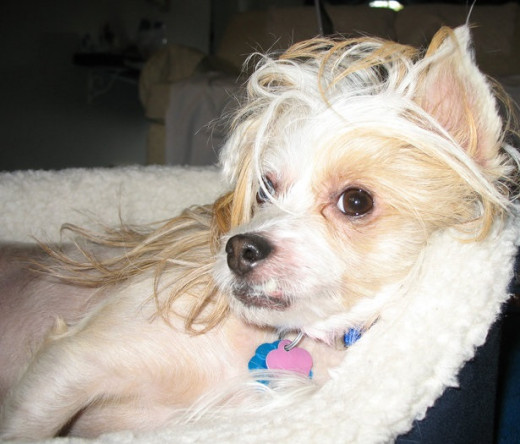
How to Research
Empirical (scientific, professional) Research on various breeds will give a potential owner a better idea of which breeds are typically laid back, energetic, highly vocal, sensitive, and what kind of environment they thrive in physically and socially. Research doesn't stop here!
INDIVIDUAL PERSONALITY AND TEMPERAMENT
Meet the individual puppy and see for yourself the traits they display. For example, some puppies are very excitable, and others may be more shy and laid back. If you do not take personality into account, you may be getting more than you bargained for, or you may be underwhelmed with your choice. Remember those questions we asked earlier? Is this dog playful? Sociable? Easy to train? Mouthy? Dominant? When evaluating a dog you are interested in, be sure to ask yourself these questions and determine whether the puppy will be a good fit for your lifestyle.
HISTORY, BEHAVIOR, AND HEALTH
If you are considering adoption, there are many factors to consider besides breed type and personality. Get as much history on the dog you are interested in as possible.Each dog has a unique story to tell. Animal shelters are not always very thorough and you will never know for sure what you are getting.
Some animals are dropped off from normal situations and for whatever reason the owners cannot keep their pets. However, there are many cases of abuse and neglect. These animals experience true horrors and can find it difficult to trust again. Red flags include dogs that shy away or exhibit overly-possessive behavior. Aggression is fear-based. If you are not experienced with handling aggressive behavior in dogs consider a dog that will be more adaptable, or find a trainer to work with.
Some rescued dogs exhibit more minor behavioral problems such as not being housebroken, jumping up on people and furniture, chewing on inappropriate things, excessive barking, dominant behavior, being mouthy, and so-forth. These can all be resolved with proper handling.
Consider the health of the animal including breed-specific ailments, genetic history and lineage, or current conditions unrelated to breed, such as newly developed heart murmurs, blindness, ulcers, cancer, infections, etc.
"Manteo"
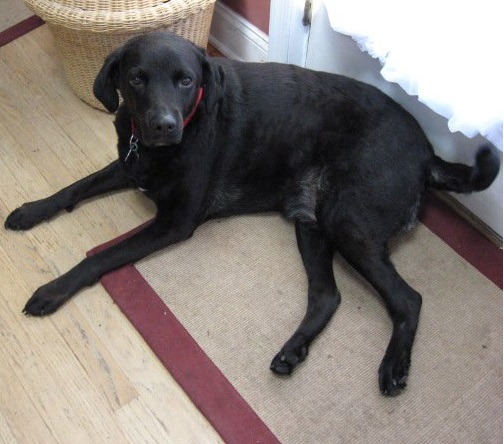
What Is Your Dog's Role?
What Is Your Dog's Primary Role?
A Quick Re-Cap
Now let's briefly recap points to help you choose your new canine companion!
1. Select from researched breeds which may suit your lifestyle.
2. Evaluate personality and behavior of the specific dog you are interested in.
3. Be aware of potential medical problems including genetic or breed-specific problems which may occur in the future.
I hope this has been an insightful guide about how to choose your canine companion! A bad match can create chaos in the home, but a good match can mean happily ever after for you and your dog.
For help on beginning your research, look for a book which discusses temperament of breeds, expected daily care, and general health concerns. You can also review the AKC official website and read about different breeds. Once you have a breed in mind, find in-depth information and talk to a breeder about personal experiences with the breed they specialize in. Good luck!
Test Your Breed Knowledge!
view quiz statistics© 2015 Amanda

